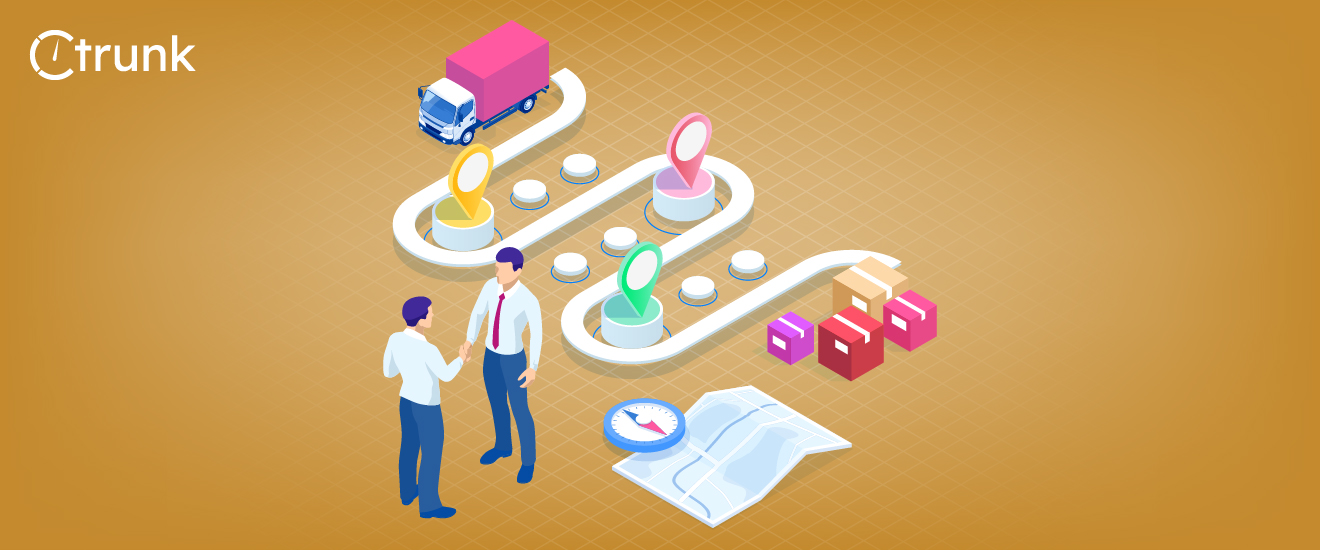Logistics Accounting: Best Practices To Follow

Logistics is the backbone of any supply chain, ensuring that products and services reach their intended recipients efficiently. Two fundamental branches of logistics are B2B and B2C, each catering to specific business models and customer demands. Let’s explore these two types of logistics in detail.
B2B logistics, also known as business-to-business logistics, refers to the transportation, storage, and distribution of goods between businesses. In this scenario, the customers of logistics services are other businesses rather than individual consumers. B2B logistics often involves large-scale shipments, as businesses frequently order in bulk to meet their production and operational needs.
B2B logistics typically involves handling larger volumes of goods due to the nature of business transactions. Manufacturers, wholesalers, and retailers rely on B2B logistics to transport goods in substantial quantities.
B2B logistics can be more complex than B2C logistics as it often involves multiple parties and intricate supply chain networks. Coordinating the movement of goods between suppliers, manufacturers, distributors, and retailers requires meticulous planning and coordination.
B2B logistics may require specialized equipment for handling and transporting goods. For instance, heavy machinery, containers, and pallets are commonly used in B2B logistics operations.
B2C logistics, or business-to-customer logistics, focuses on delivering products directly to individual consumers. It involves the processes of order fulfillment, inventory management, and last-mile delivery to ensure that products reach end-users promptly and in optimal condition.
B2C logistics primarily deals with individual orders placed by customers. Online retailers and e-commerce platforms heavily rely on B2C logistics to deliver products to customers’ doorsteps.
B2C logistics places a strong emphasis on speed and convenience. Customers expect timely deliveries and flexible options such as same-day or next-day delivery to enhance their shopping experience.
Last-mile delivery, the final leg of the delivery process, is a critical aspect of B2C logistics. It involves transporting goods from a local distribution center or store to the customer’s location.
B2B logistics serves businesses, while B2C logistics cater to individual customers.
B2B logistics handles larger order volumes, whereas B2C logistics typically deals with smaller, individual orders.
B2B logistics is often more complex due to the multiple parties involved, whereas B2C logistics is relatively simpler, focusing on direct delivery to customers.
B2C logistics prioritizes faster delivery to meet individual customer expectations, while B2B logistics may have longer lead times due to larger shipments and operational complexities.
Both B2B and B2C logistics play vital roles in the success of businesses. B2B logistics ensures the efficient movement of goods between organizations, supporting their production and operations. On the other hand, B2C logistics enables businesses to meet the expectations of individual customers, providing seamless and timely delivery experiences.
In conclusion, B2B and B2C logistics are two essential components of the supply chain that cater to different customer bases and operational requirements. Understanding the differences and characteristics of each type is crucial for businesses to optimize their logistics strategies and meet the needs of their customers effectively.